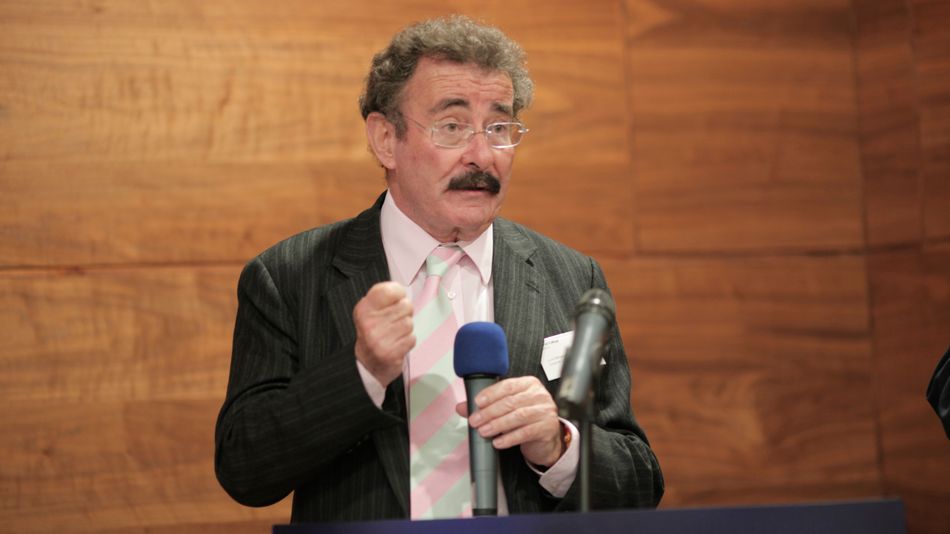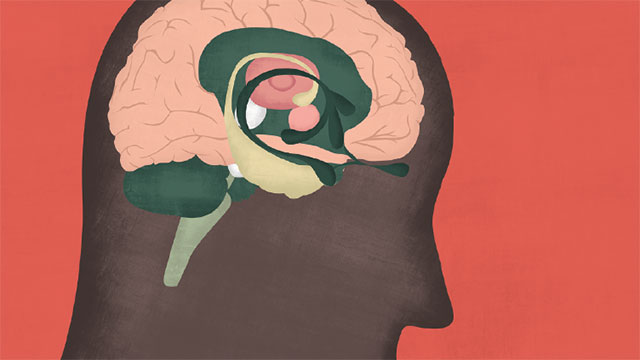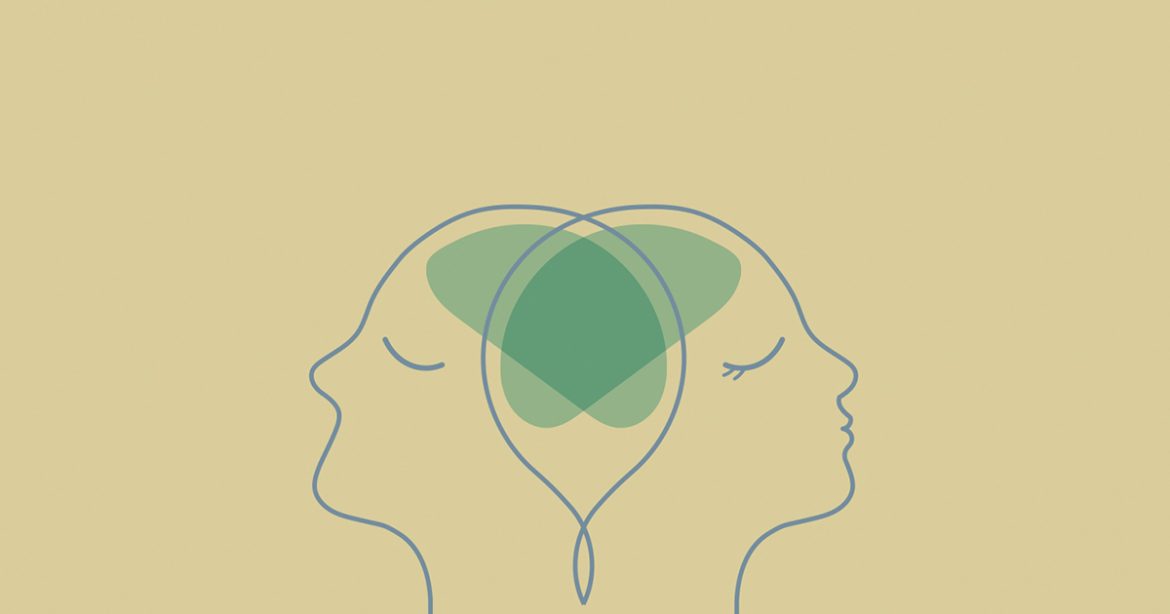Human beings can change their gender but not their sex, a leading fertility expert said last night, as he waded into the fierce debate around trans and women’s rights.
Professor Robert Winston, of Imperial College London, said a person cannot change sex, ‘because it is embedded in genes in every cell in the body.

His comments come amid a row over the definition of a woman, which in recent months has become a major talking point in politics and sports – including whether trans women should be allowed to compete in female-only competitions.
Earlier this week the debate reached the top of the Church of England after a bishop said there were now ‘complexities associated with gender identity.
Last night Professor Winston, one of the world’s leading experts on fertility and a Labour peer in the House of Lords, gave his view on the debate, saying we, ‘cannot escape our genetics’.
He said: ‘There is no question that we can change our gender, we can do it by mutilating ourselves, we can do it by removing bits of our body and therefore change our shape and so on.
‘But you can’t change your sex, because that is embedded actually in those (a person’s) genes in every cell in the body, that’s the difference.
That really becomes a problem because occasionally you end up with somebody that is born a male, but then wants to become a female, so you can have that mutilating operation for example.
‘But then the question is should they be allowed to compete in a sport. That’s a major problem because of course they still have certain male characteristics which will likely give them an edge over other women.
So that is where the problem really, I think, lies. And of course also the issue of just social behavior, in different situations.
‘Using toilets, using bathrooms, a whole range of issues like this, which understandably worry women.’
Professor Winston, who was speaking about sex and gender during a segment on Piers Morgan’s Uncensored, also described a woman as a ‘female’ which he said was defined by ‘the genes she has’.
He said: ‘A woman has two X chromosomes normally. It’s probably easier to define a male, a male has specific masculine genes, which make us different from women.
‘The female position is the default human position, that is to say, that if there are no male genes there you are born as a woman.

‘I am a clump of about 8 billion cells at least, each of which has got my maleness in it. ‘I am defined genetically, every single cell has got those male genes, and that would apply to a woman that doesn’t have those genes.
‘That’s what makes the difference. And we cannot escape the fact that we are genetically determined in this way.’ It comes after the Church of England earlier this week admitted it does not have a definition of the word woman.
A bishop said that the meaning of the word used to be ‘self-evident’. But he added that there are now ‘complexities associated with gender identity’ which a church project about sexuality and relationships is exploring.
The admission, in an official report prepared for the gathering of its governing body this weekend, stirred criticism last night. It comes despite Anglicanism continuing to oppose same-sex weddings – and only recently allowing women to be bishops.
Campaigner Maya Forstater said: ‘When the Government redefined women through the Gender Recognition Act, the Church of England could have stuck with its long-established understanding, which makes sense whether your starting point is biology or the Bible.
‘It is shocking that they so readily gave up the definition of man or woman for the state to amend, as if this fundamental truth did not matter.’


